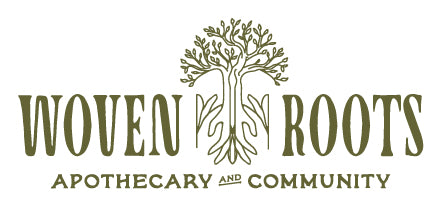I am in the Atlanta LGBTQAI+ choir, and we are currently working on a monumental piece of music called the Lost Birds: An Extinction Eulogy by Christopher Tin. Tin’s work was inspired by the heartwrenching observation that the songs of birds seem to grow quieter by the day, and that without significant changes made in our relationship to the planet and exploitation of her natural resources, humankind as we know it could suffer a similar fate. The Lost Birds features nature poetry by some of the Great female poets (such as Emily Dickinson) set to sometimes haunting and always beautiful orchestral music. It invokes the splendor of nature as reflected in birds, the terror and anguish of the loss of birds and the indication that could be us, and confronting us with how an open and willing awareness of this reality is how we find or create a different future for the birds, for us all. The final word of the 12-movement piece is Hope.
I love nature deeply, in the way that makes it hard to face the reality of significant losses within the web of life. The devastation of what I love, the fear of what is to come, and the felt sense of not knowing what to do about it is overwhelming, and in extreme distress and overwhelm, I tend to dissociate–numb, check out, shut down. While this might spare me massive heartache, it comes at a cost significant to me and to the Earth. You see, I can’t selectively numb, so when I shield myself from the fear, anguish, and despair I feel in response to environmental crises, I also block out the beauty, the joy, the magnificence. And the hope.
Disconnected from my body and thus the world around me, I am unable to actively participate in shaping a better future. Any optimism for the future that doesn’t make room for the grief and heartache of the climate crisis is merely blissful IGNORance. To cultivate authentic hope, I have to feel–to embody–the full spectrum of emotions connected to this massive event impacting me everyday, both the pain and the possibility.
The magic of Tin’s masterpiece is that it is a public service announcement and medicine crafted into a work of art. While its message is harrowing, its beauty is resourcing. Resource is a word used in somatic therapy to describe tools and strategies for withstanding hardship. A resource allows a person to stay with, rather than avoid or escape, big feelings so that they can stay connected to themselves and potentially reduce the overwhelm of the experience.
If I do not confront my grief and heartache about the climate crisis, I can not participate in envisioning and creating a different future. But these feelings are so enormous, I risk drowning in them. So I need beautiful music, nourishing cups of herbal tea, puppy cuddles, walks in the forest, and hugs from loved ones (to name a few) to resource myself, not to take me out of my big feelings, but to help me stay with them, so that I can be resiliently open to the love and joy, the fear and despair, all that I feel in relationship with nature, and so that I may embody authentic hope.
The Lost Birds: An Extinction Eulogy will be performed by the Atlanta Philharmonic Orchestra and OurSong Atlanta on Sunday, March 3, at 3 PM at First Baptist Church Decatur. We are among the first groups in the world to perform this remarkable music, and this is the first time these two queer musical organizations perform together in concert. If you are in the Atlanta area, I welcome you to come experience this heart-throbbing music with me. Visit oursongatlanta.org for tickets. You can also listen to exquisite, Grammy Award winning album on youtube.
Join the Conversation: Do you experience grief related to climate change? If so, why and how do you turn towards, rather than away, from that grief? Let us know in the comments below.

